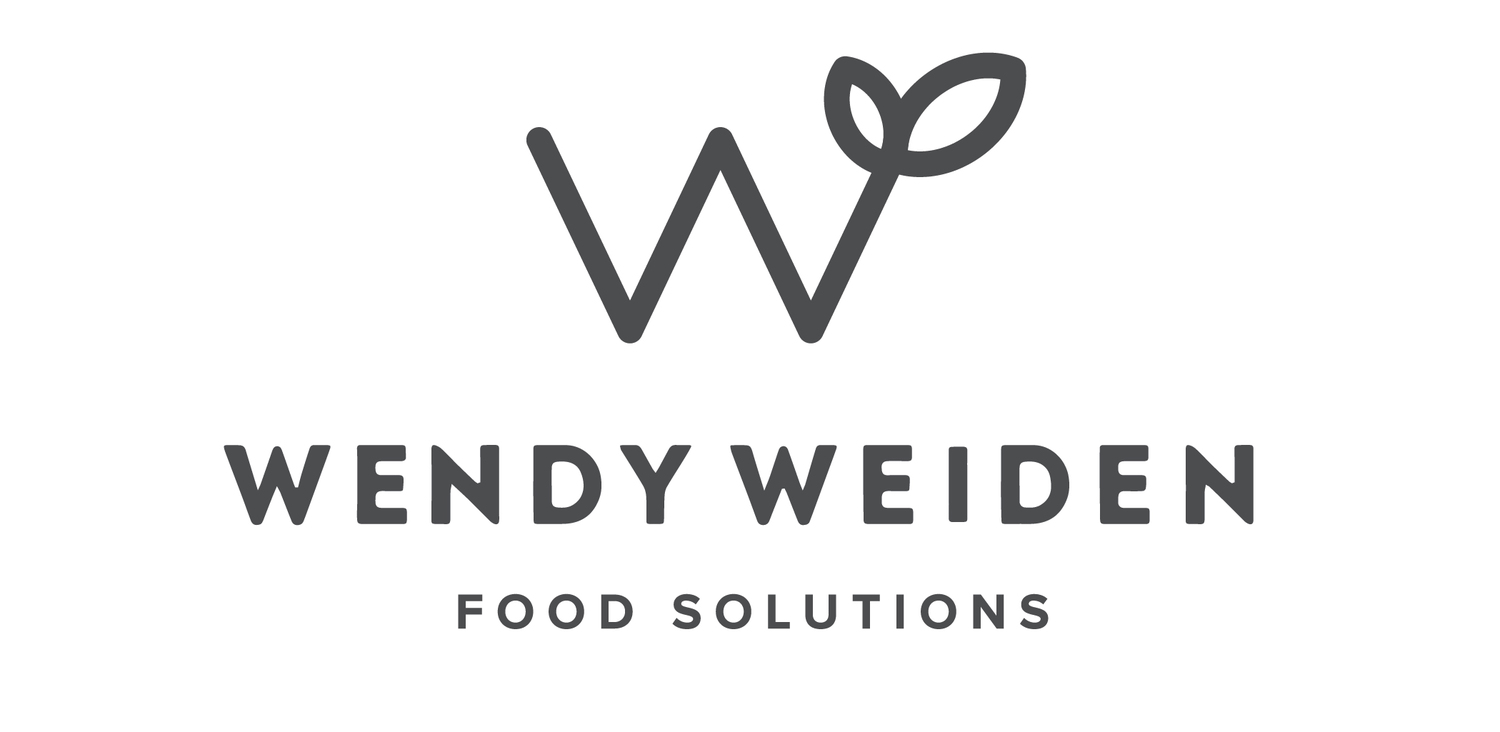BACKGROUND
My graduate school studies focused on the multiple benefits of incorporating more fresh, regionally-sourced food into school meal programs. From improved taste and nutritional value in the meals to the financial benefits for regional economies, the positive arguments are hard to overstate. I presented a condensed version of my thesis, which used an economically-rooted analysis to promote small subsidies for local procurement, at the 2014 National Farm to School Conference. However, I sought more tactical opportunities to assist school food authorities in both understanding and articulating the benefits of improved school food for themselves. A meeting with Zenobia Barlowe, Executive Director of The Center for Ecoliteracy, a non-profit renowned for its leadership in the movement for better school food, led to a project leveraging the best of both our skills.
STRATEGY AND APPROACH
The CEL team and I began by brainstorming the most effective information that school administrators and food directors would need to “make the case” for investing in their meal programs – tools which could fit the needs of their many, diverse audiences (school boards, parents, teachers, students, staff, suppliers, community members.)
Mining data from sources including government reports, academic research, surveys and more, I culled and organized the findings into distinct categories (financial, operational, health and nutrition.)
These findings formed the basis of a variety of downloadable tools including a dedicated website, research paper, short video, and customizable slide templates.
RESULTS
1. The CEL team distributed these tools to their large audience of school food authorities and advocates, beginning at their annual conference in Fall 2014.
2. They remain popular and frequently downloaded content on both the Center for Ecoliteracy’s website and their dedicated site, http://www.thecaseforschoolmeals.org.
“Wendy’s passion for and deep knowledge of school meals made her the perfect partner to help us make multiple compelling cases (financial, health, social, and educational) for investing in better food.”



